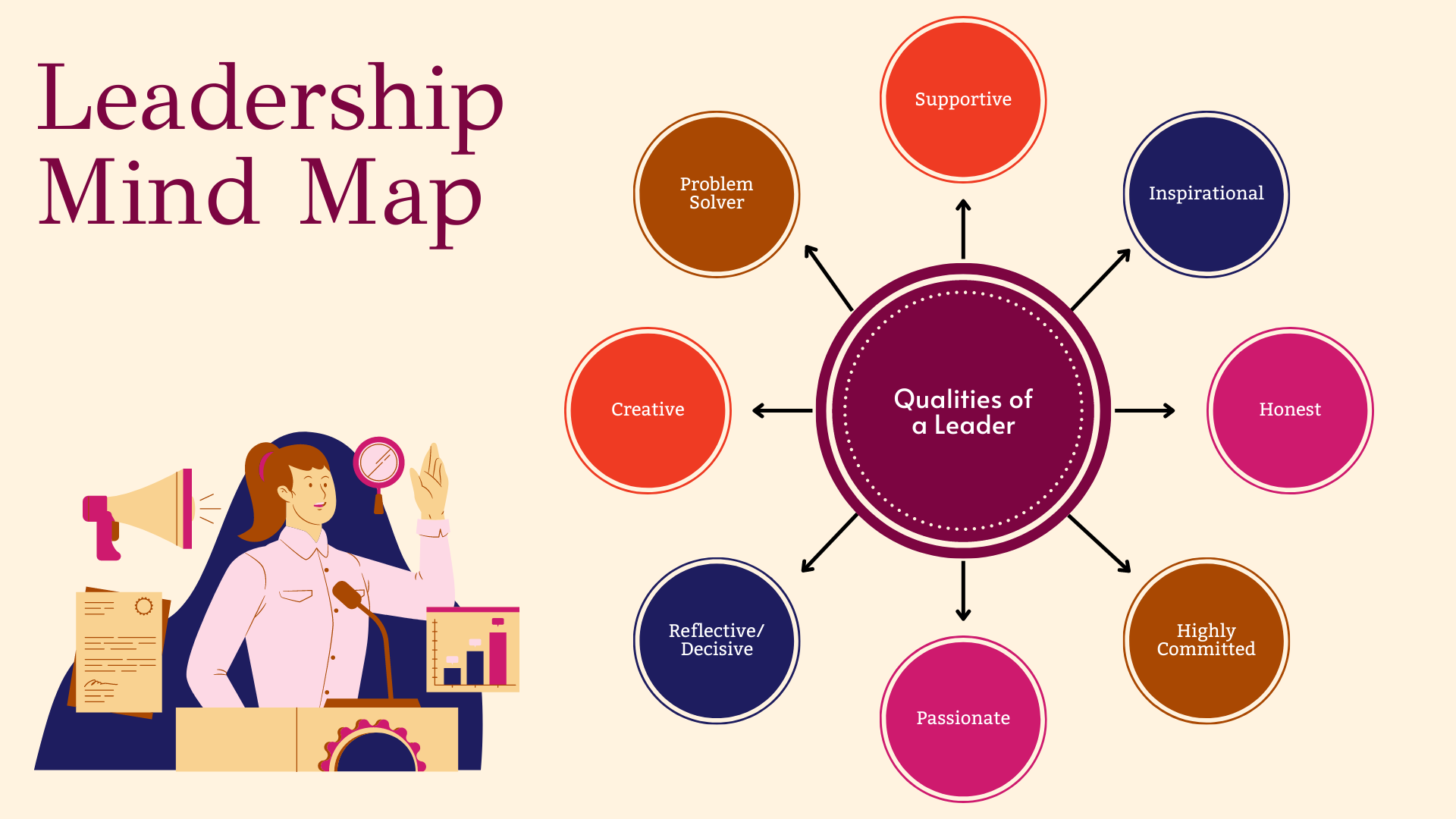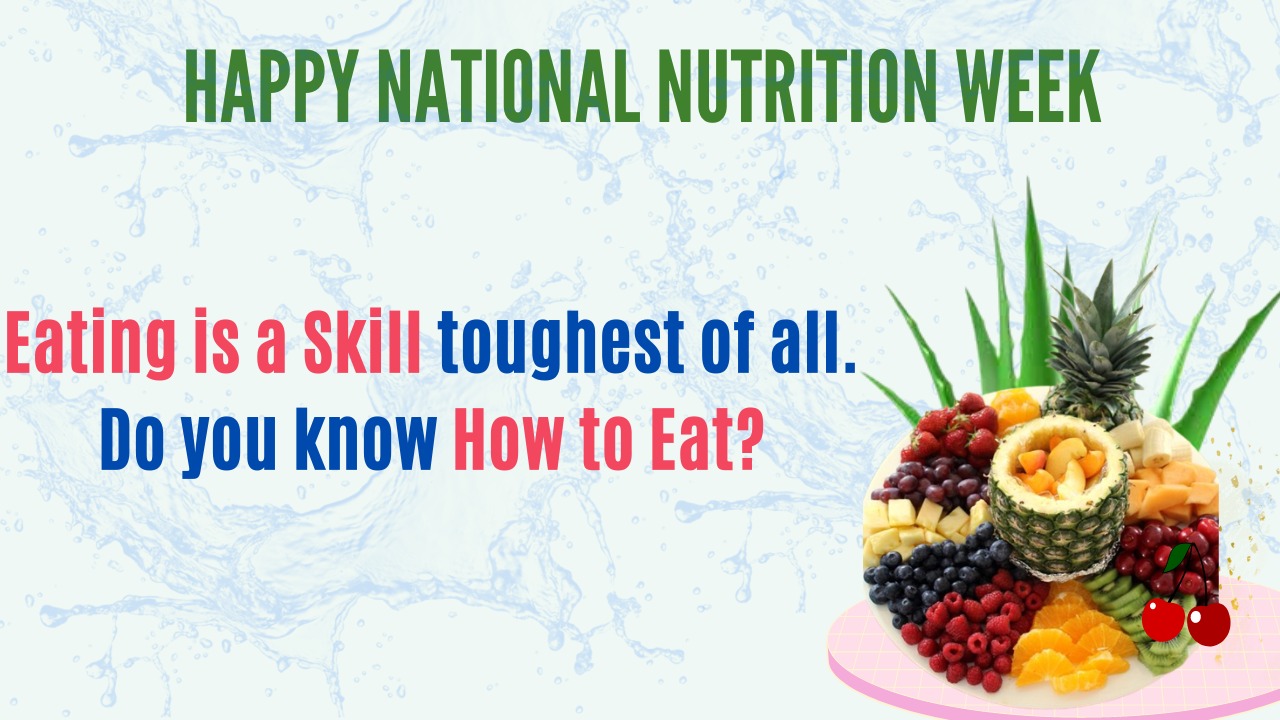Being a writer whenever you start writing a blog or an article, you have to add keywords to your content. Adding keywords to your content is part of the SEO process where search engines identify your content based on keywords and display it for the relevant search query.
Now, why do you have to include keywords in your content? How do keywords impact your online marketing campaign?
When a user enters a search term or query in the google search bar to find information, that search term becomes a keyword for online marketers. The job of a content marketer is to find out what the user is searching for and produce content according to the user’s needs.
Moreover, you have to include keywords that are user intent. Such keywords that the user is searching for and wishes to get information.
Why are keywords essential?
- Keywords help us to understand our target audience.
- Keywords are the essence for any website that is offering products or services to its customer.
- If the website has relevant information for that user search keyword, its content displays in search results.
- The website creates content for its product and services by adding user intent keywords.
Hence, digital marketers do thorough keyword research before launching the online campaign.
What is keyword research?
Keyword research is a method to dig deep for user search queries and organize them for an online campaign. Marketers have to research the target phrases, users’ asked questions, informational content, reviews, and comparisons before creating any content.
Keyword research for a new website starts from a seed keyword. It can be skincare, haircare, protein drink, yoga, or some commonly used terms. It is the base for any website to create its online content. Later on, you can grow your keywords list based on products and services offered by that website.
Keywords selection should follow the google search algorithm. We all know that Google’s search engine is smart enough to show all the relevant results for an entered search term. So we have to cover all such keywords that can easily display our content by the search engine.
For an online campaign, a marketer has to search for different types of keywords.
There are four major types of keywords:
- Question-based keywords.
- Broad match keywords.
- Exact match keywords
- Natural keywords.
We will go into detail about each type of keyword.
- Question-based keywords: In this type, users like to get information by asking questions. So, these keywords start with which, what, why, where, and how. Whenever a user enters a question-based search, he will get an answer for its query as a featured snippet on the first page. Next, it will show a column ” people also ask” which displays further questions related to the search query.
As content creators, we have to include answers to these questions while creating content. If our content provides the answer to a user question, it will display on top in google search results.
Hence, this increases the traffic and visibility of our website.
- Broad match keywords: It is the default option in google search. Such keywords have a wider audience reach and bring more traffic to your website. Take “black shoes” as a keyword. Now every search query that begins or ends with this keyword will show your website in search results. Some examples of broad match keywords are:
-
- black shoes for men
- shoes for women in black color
- matching socks for black shoes.
The search engine displays all variations of your keyword in synonyms, singular, and plural. It helps to find long-tail keywords for your campaign.
- Exact match Keywords: Like its name, it is an exact search query that the user enters for searching. For example, take ‘Puma Black shoes’ as a keyword. When the user’s search matches this keyword, the search engine will redirect the user to your website or blog.
Usually, exact match keywords are the names of brands and their products. Users enter such queries when they want to purchase a product or compare two similar products. Such keywords generate less traffic to your website but will bring the target audiences.
- Natural keywords: These keywords revolve around your exact match keywords and broad match keywords. These keywords contribute indirectly to your content. It helps the search engine to recognize and support your content. If your keyword is ‘black shoe’ then, natural keywords can be :
-
- women’s footwear
- men’s footwear
- black socks
- shoe polish
- shoes without lace, and many more.
An informative piece of content packed with relevant keywords will attract a large audience for your website. Remember:
-
- Do not stuff keywords in your content unnecessarily.
- Write small sentences using keywords.
- Engage the reader by adding data to your content.
- Add keywords in the first 200 words of your content.
There are many tools available online to do keyword research. After writing content, we have to keep updating it by adding new keywords. Hence, our content looks fresh and displays on top.

For creating a customer-driven piece of content, you need to provide relevant information. Now, that information the search engine should understand and display to the end-user.
For crafting a well-explained piece of content, you need the right set of keywords.
How to select keywords and tools for keyword research?
For the right keywords, you should know keyword research tools. Several keyword research tools are available online for free and some are paid ones. Every online tool will not give you the required result, but you need to check them and dig up your relevant keywords. Let’s discuss them one by one.
- Google keyword planner: It is the most preferred keyword research tool for content writers and marketers. It is available for free. To access this tool, you need to create a Google Ad account. After signing in to your account, click on tools and settings and select the keyword plan.

It displays ‘discover new keywords’ and ‘get search volume and forecast’ on the home screen. Click on the first option and enter a few keywords for your content. Then hit the get started button. Google keyword planner will display a list of keywords that users are searching on Google. You have to choose keywords that have average or high search volume and low to medium competition. These keywords help you to optimize your content and target the right audience.
This tool shows the exact search volume of keywords only when you launch a paid campaign on a Google Ad account. But still, you will get many keywords ideas by using this tool for free.

- Moz keyword explorer: Moz is a popular online tool among online marketing strategists and SEO Experts. This online software provides many SEO tools for online marketing. It gives ten free trials in a month. So, let’s explore this new tool.

First, create an account on moz.com and sign in. Then, click on free SEO tools and select keyword explorer.
Now you can enter your keyword, select the country and click on analyze.
It will display search volume, keyword difficulty, organic click-through rate(CTR), and keyword selection priority for your entered keyword. These parameters provide insightful detail about your primary keyword[H1]. Moreover, it gives keyword suggestions with search volume and SERPS analysis(website ranking on top for this keyword) for enhanced research.

Moz is my favorite tool for keyword research because it offers extra information on keywords that I can use for my content creation.
- Answer the Public: This is another tool that I like to use for keyword research which is for free. This tool provides visualization of users’ asked questions in the form of a web. It collects all the data from the internet and displays the phrases used by the user for an online search. Many content writers and bloggers are using it to get new ideas for creating their website content.

- Ubersuggest: Launched by Neil Patel, Ubersuggest is becoming a popular online marketing tool among content marketers and SEO experts. Though it is a paid tool, it will not disappoint small-budget businesses. This tool gives you three daily searches for free. So stop waiting and start adopting its strategies for improving your content in the online space.

This tool displays the search volume, SEO difficulty, and cost per click(CPC) for your entered keyword like other online tools. But, Ubersuggest goes one step further and classifies our keywords ideas. It suggests keywords based on prepositions, questions, and comparisons.
It also gives content ideas for the main heading[H1] for your blog or article. You can download files of keyword ideas and content ideas to do further research on your online project. Adopt these methods in content creation and improve your site traffic and ranking.


- Google autosuggest: Google autosuggest gives you suggestions for your content. This feature is by google to simplify the search for a user. It completes the search query by adding meaningful phrases to it. When we type a search term, google gives predictions related to that term. We continue typing and Google autosuggest keeps adjusting its suggestions until we select our desired query.
You can create a list of long-tail keywords by using Google Autosuggest. You can also check ‘related search’ at the bottom for more ideas.

Where to place the keywords in your content for on-page SEO?
Well explained piece of content will surely attract more audiences on google and improve ranking in SERPs. Google can penalize you if your content has no information for the user but has only keywords.
So this poses a question for us where we should place our keywords to attain more visibility and traffic.
Now we will discuss the correct placement of keywords in your content to boost your SEO:
- Use the primary keyword in the title of the webpage: The title of your webpage is the most valuable part of content writing because it brings the target audience to your website. It informs the user what your article is about and how much insightful information it provides. Add primary keywords in the webpage title.
- Use keywords in the meta description of a webpage: When we search on the internet, we see a tiny description below the title of the webpage in each search result. That description is called the meta description. It is a small summary of your webpage. It is essential to use your primary and secondary keywords in the meta description to drag more audiences. Google also encourages websites with meta descriptions for a better user experience.
- Use keywords in heading[H2] and sub-heading[H3]: Headings and subheadings give step-by-step details about our content. It helps the user to navigate through our article and gather fruitful information. Placing keyword phrases at subheadings grants clarity to our content and hence improves website ranking.
- Use primary keyword in the URL of a webpage: Always create a user-friendly webpage URL that is easy to read and understand. Add a primary keyword(page title) to the webpage URL using a hyphen(-). It helps in improving the ranking of your website.
- Use keywords in image Alt text: Image alt text gives information about your image. Image alt text is displayed whenever a user does an image search. It is suitable to use an image for your content because it grants visuality to your content. Take advantage of image Alt text and attract users by visual content. Always include primary keywords to image Alt text.
- Use keywords in Anchor text: An anchor text is a blue color hyperlink text. It is the clickable text that will take the user to another webpage. Anchor text determines the number of links given to a webpage. It also improves web page ranking. Use natural keywords as anchor text to get better results for your website.
So, here we complete the discussion on keyword research and the best methods to use the keyword to boost the SEO of your website. Content writers should use keywords judiciously to get the best results for blogs or websites. Content crafted using the right keywords will surely target the right audiences and give
How useful was this post?
Click on a star to rate it!
Average rating 5 / 5. Vote count: 5
No votes so far! Be the first to rate this post.








